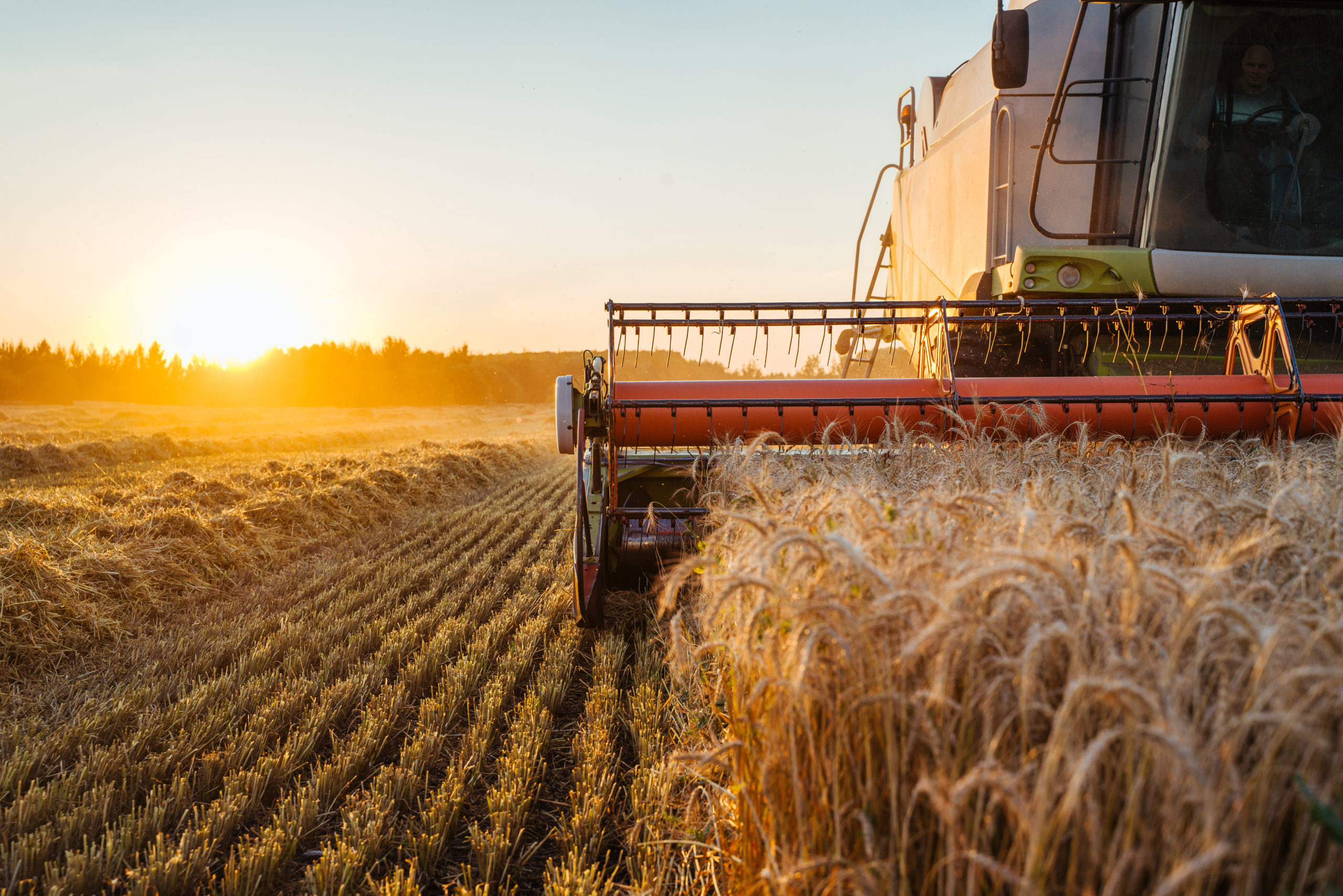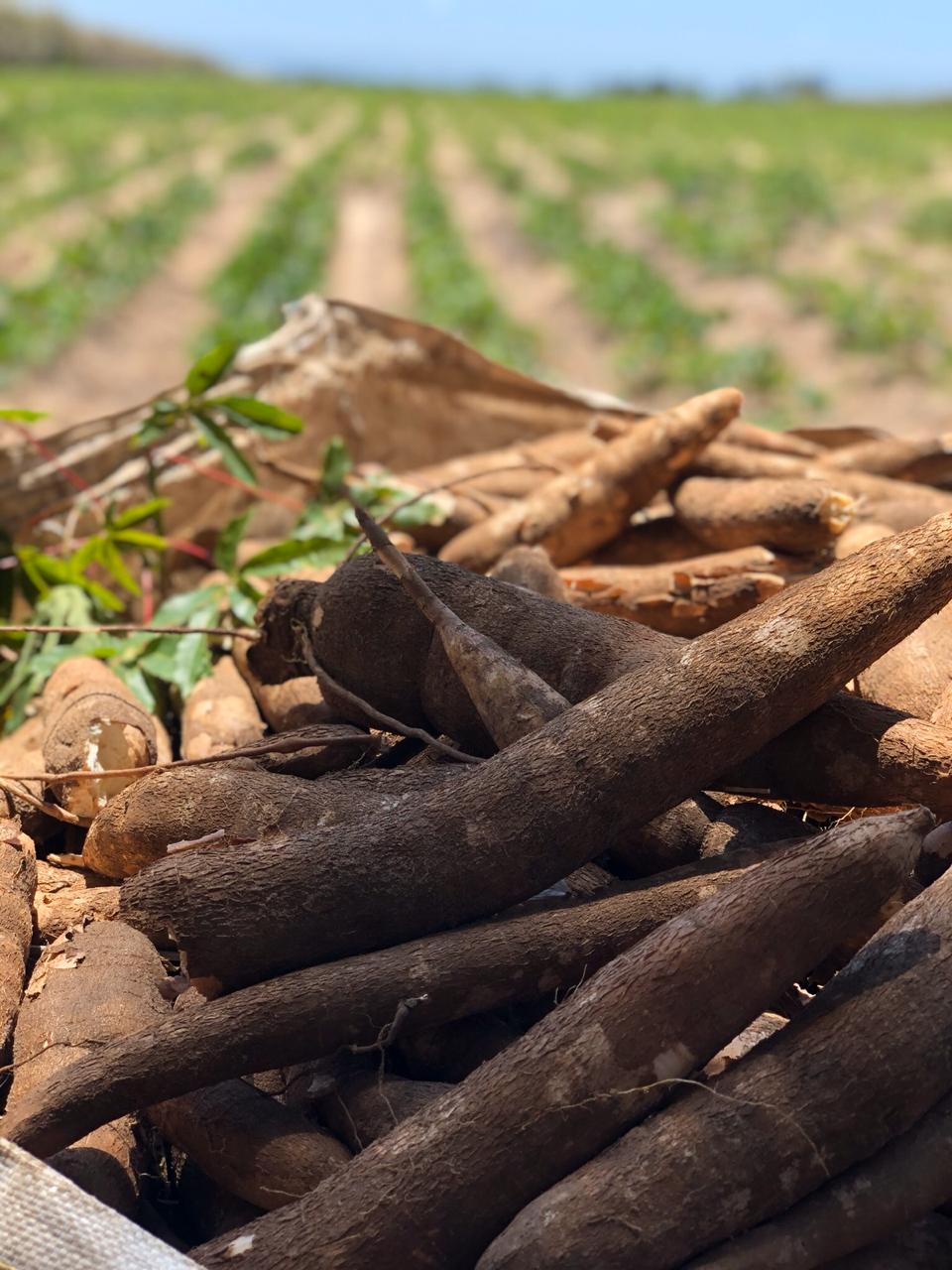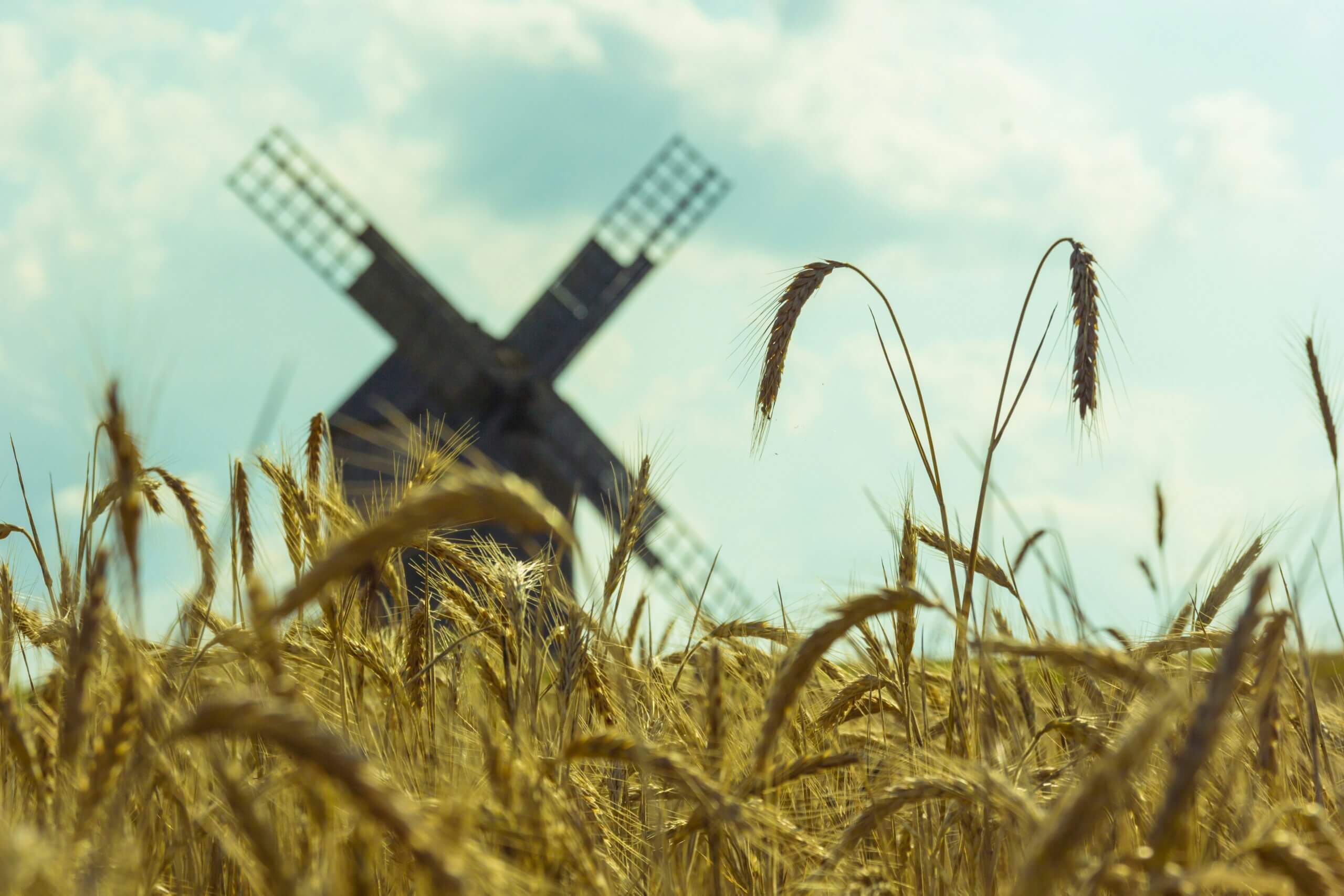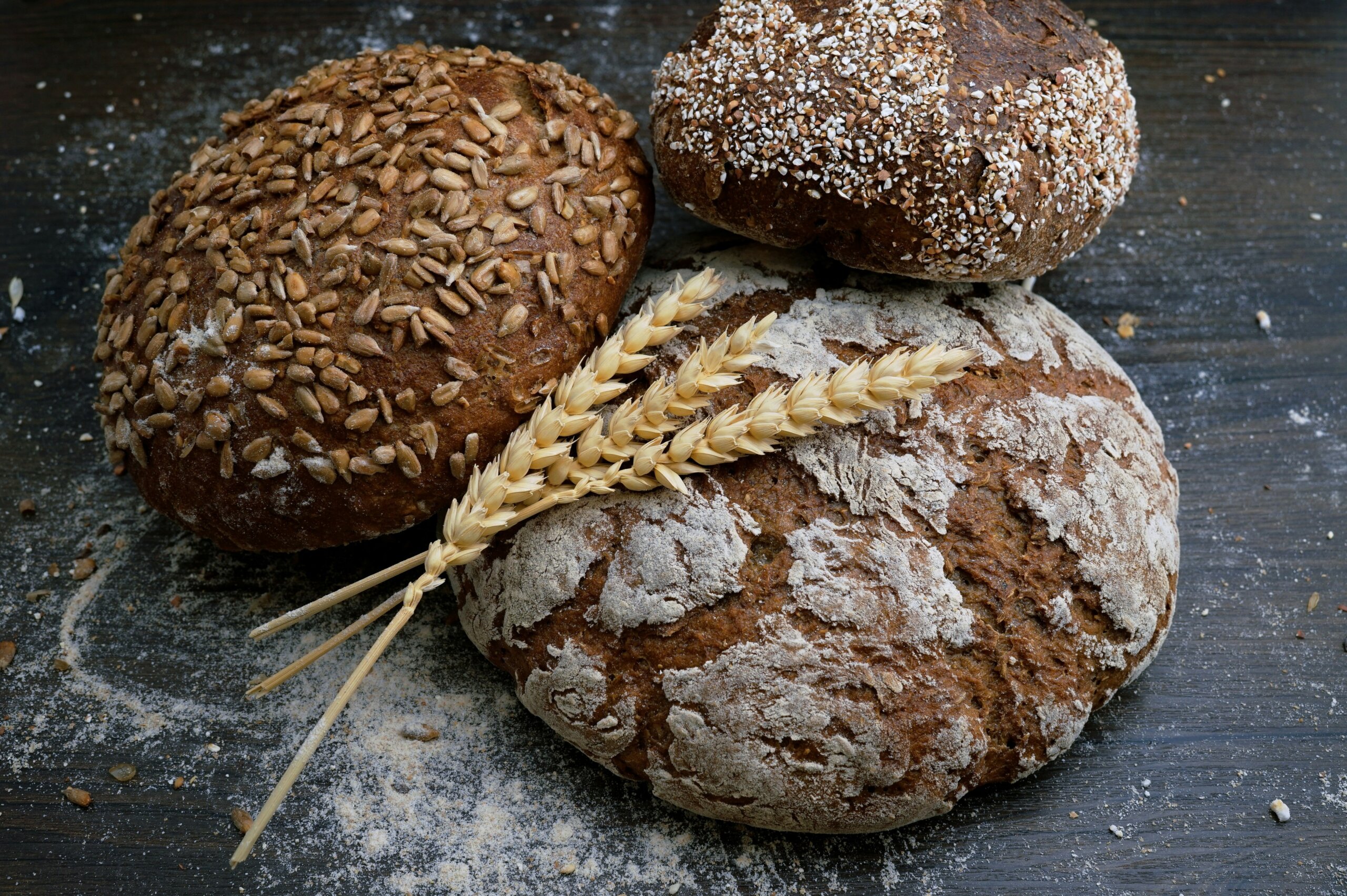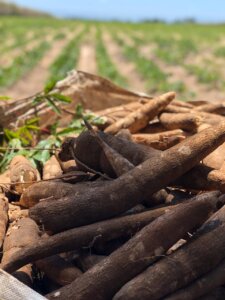 Cassava flour is gaining worldwide recognition as an alternative for wheat flour and other gluten-based flours. The global Market is projected to register a growth rate of 3.2% from 2019 to 2024, with an estimated market value of USD 4.5 billion by the end of 2024. Global production is estimated at over 270 million tons for the current year. The demand for Cassava Flour is increasing for Food and Bakery products, due to it having less gluten. The biggest importers to mention are China, Indonesia, Taiwan and South Korea.
Cassava flour is gaining worldwide recognition as an alternative for wheat flour and other gluten-based flours. The global Market is projected to register a growth rate of 3.2% from 2019 to 2024, with an estimated market value of USD 4.5 billion by the end of 2024. Global production is estimated at over 270 million tons for the current year. The demand for Cassava Flour is increasing for Food and Bakery products, due to it having less gluten. The biggest importers to mention are China, Indonesia, Taiwan and South Korea.
The top producers are Thailand, Nigeria, Indonesia and Brazil. Thailand’s overall tapioca production for the 2020-2021 crop would be below 20 million tonnes, compared with 20-22 million tonnes in the 2019-20 season. They have been tackling a cassava mosaic disease since 2018.
Brazil has been on alert as to possible locust infestation, and also considering the impacts of Covid-19, farmers are predicting a strong decrease (approximately 3.34%) in cassava production for the 2020/2021 season. In 2017, locusts attacked several cassava crops causing economic losses. In 2018, Brazil produced 536.6 thousand tons of cassava starch, a significant advance of 27% compared to the year before. The projection for Cassava Flour would be more than 1.5 million tons, however in order to reach this volume there would need to be firm contracts with the farmers put in place. As at the end of April, there was 43 thousand tons held in stock. Since 2019, the profit margin has been decreasing, with prices dropping almost 32% between end of 2019 and April 2020. However it is important to highlight that with the possibility of normalizing the work of starch mills, demand could again boost prices. The decrease was a reflection of the greater supply of raw material, which usually occurs in the beginning of the year.
African crops suffered heavy rains in the first quarter of 2020 resulted in flooding, which damaged large portions of standing cassava crops. prices of locally produced foods, such as maize, cassava and sorghum, were about 50 percent above those in April 2019. An outbreak of cassava mosaic disease in southern areas and consequently reduced availabilities exerted additional pressure on cassava prices, besides the effects associated with the COVID-19 pandemic.
To ensure our products stand up to your requirements, we don’t take anything for granted. Each lot is inspected and analysed by a reputable third party laboratory to ensure the product matches or exceeds the specifications agreed to. See more on our Cassava Flour here, and we would love you hear from you at sales@tradelinksa.com for more information!
